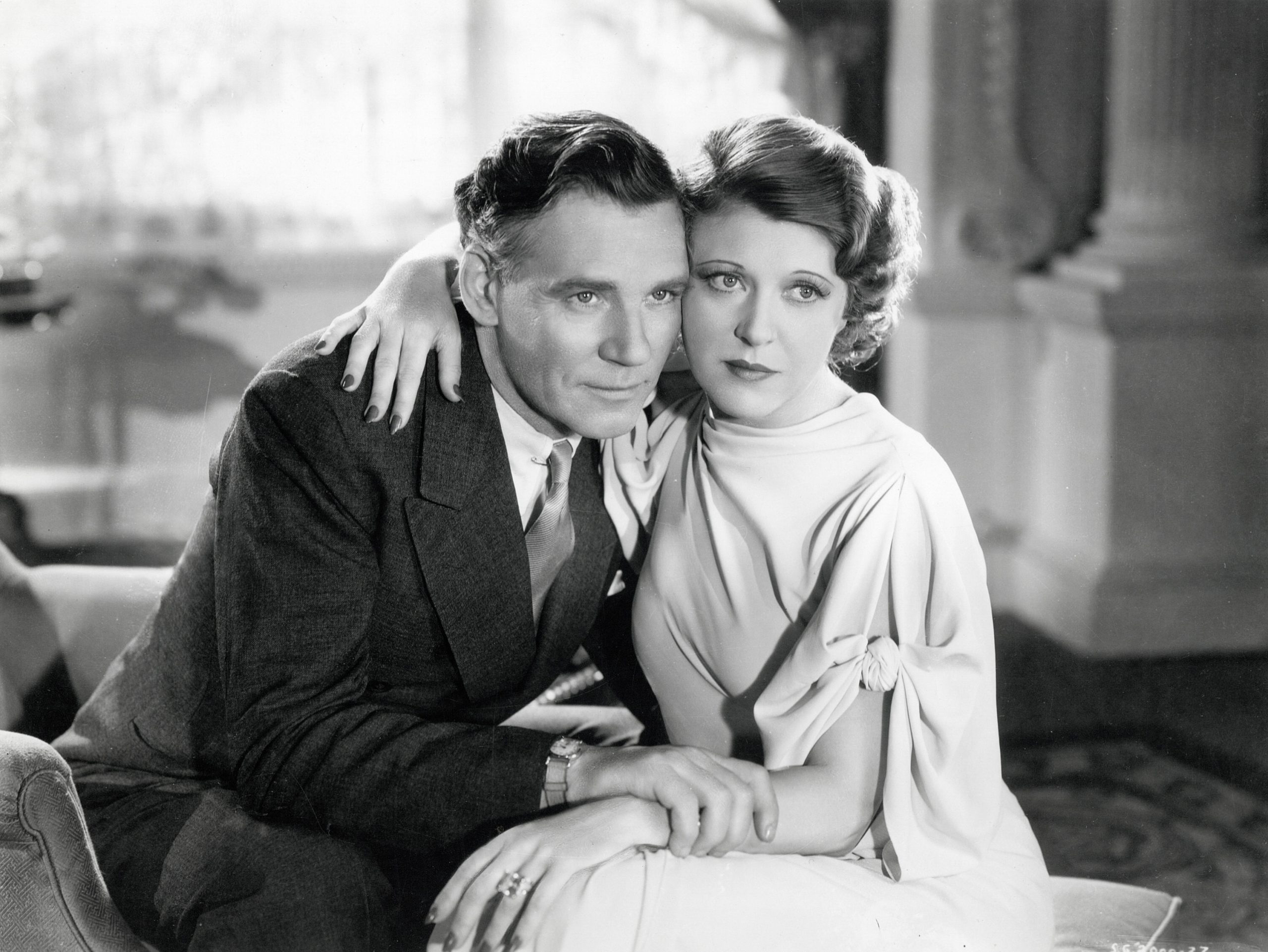Individuals, Not Stereotypes
In the 1930s, just about everyone went to the movies. That didn’t mean every movie was targeted to the widest possible audience. In fact, many films were aimed at mature audiences seeking intelligent and restrained drama. Few films, however, dealt with the complexities of middle age and the day-to-day difficulties of maintaining a marriage.
Dodsworth (1936) is an unusually frank film about a couple who are growing apart amid concerns about growing older. Based on a 1929 novel by Sinclair Lewis, the story was adapted in 1934 by Sidney Howard into a popular Broadway play starring Walter Huston and Fay Bainter. Two years later, Howard teamed with director William Wyler to bring the story to film. Huston reprised his role as industrialist Sam Dodsworth and Ruth Chatterton replaced Bainter in the role of Fran Dodsworth, his wife. Mary Astor played the other woman, Mrs. Edith Cortright, though clichés about the other woman fall by the wayside as the movie progresses. Several minor parts were filled by actors who played the same roles on Broadway.
The movie version doesn’t feel like a staged play, even though there is plenty of dialogue. Here are some of the more memorable lines from the film:
Sam Dodsworth: Love has got to stop some place short of suicide.
Fran Dodsworth: Oh, you’re hopeless — you haven’t the mistiest notion of civilization.
Sam Dodsworth: Yeah, well maybe I don’t think so much of it, though. Maybe clean hospitals, concrete highways, and no soldiers along the Canadian border come near my idea of civilization.
Fran Dodsworth: Remember, I did make a home for you once, and I’ll do it again, only you’ve got to let me have my fling now! Because you’re simply rushing at old age, Sam, and I’m not ready for that yet.
Baroness Von Obersdorf: [to Fran] Have you thought how little happiness there can be for the old wife of a young husband?
Apart from the writing, much of the credit has to go to Walter Huston, in one of the best roles of his career, and to William Wyler, whose assured direction makes the characters’ progression feel like an entirely natural development. Dodsworth doesn’t come across as a message picture — you’re not beat over the head with gold-encrusted truths simplified to the point where a 10-year-old child could quote them verbatim. Instead, the audience steadily accumulates knowledge about the characters and their predicaments. By the end, the characters’ decisions make perfect sense based on who we know them to be as individuals, rather than as stereotypes.
Dodsworth
(1936; directed by William Wyler)
MGM (DVD)
Thursday, June 16 at 12:45 p.m. eastern on Turner Classic Movies
Reviews